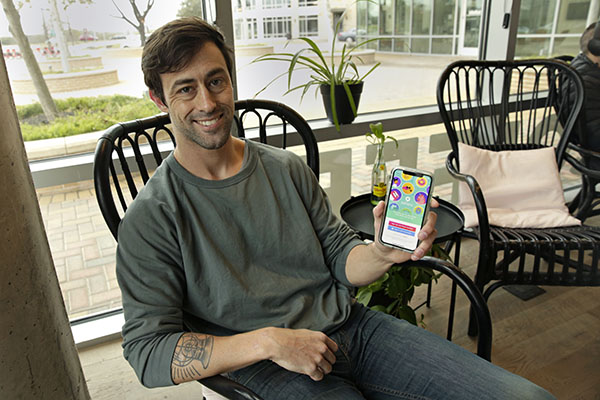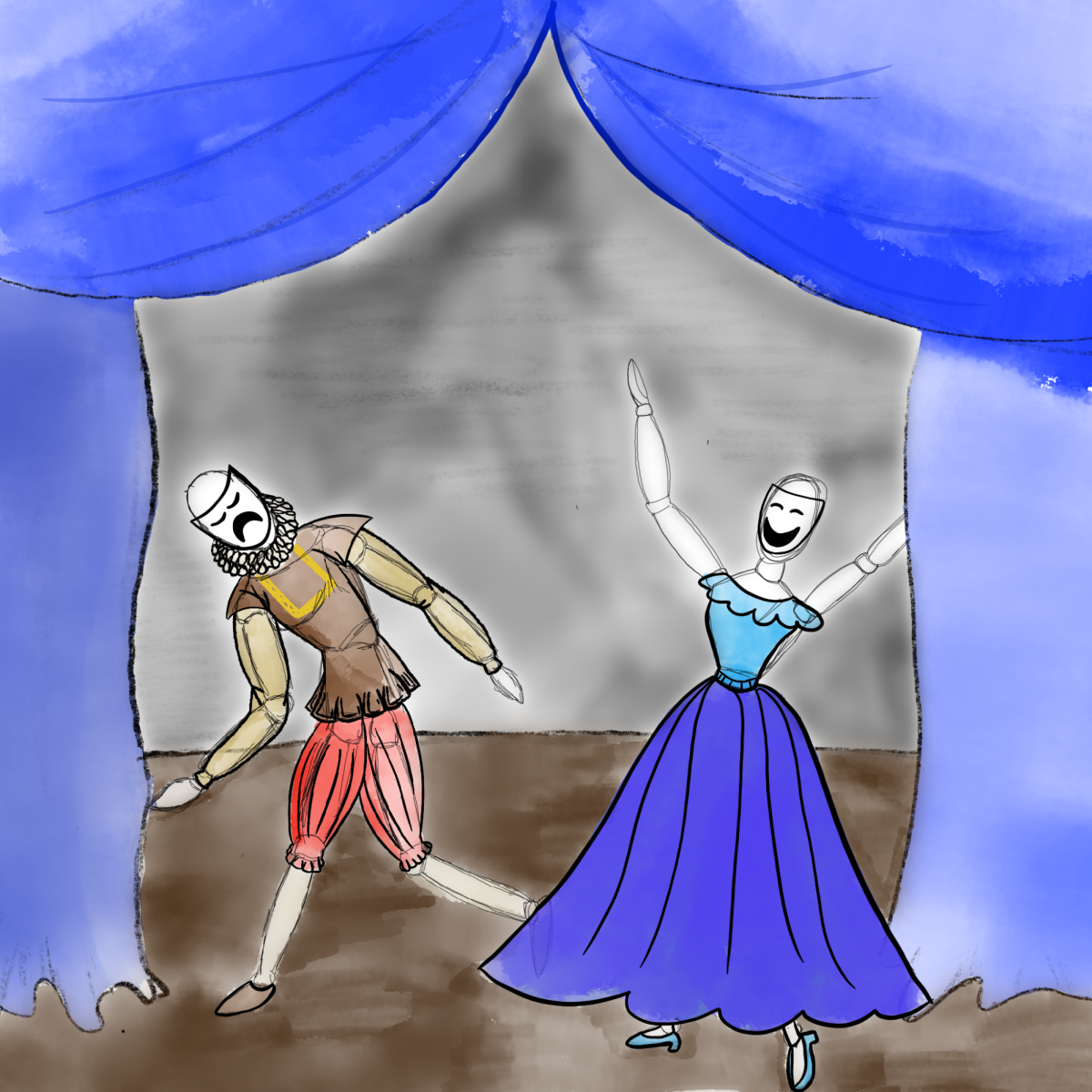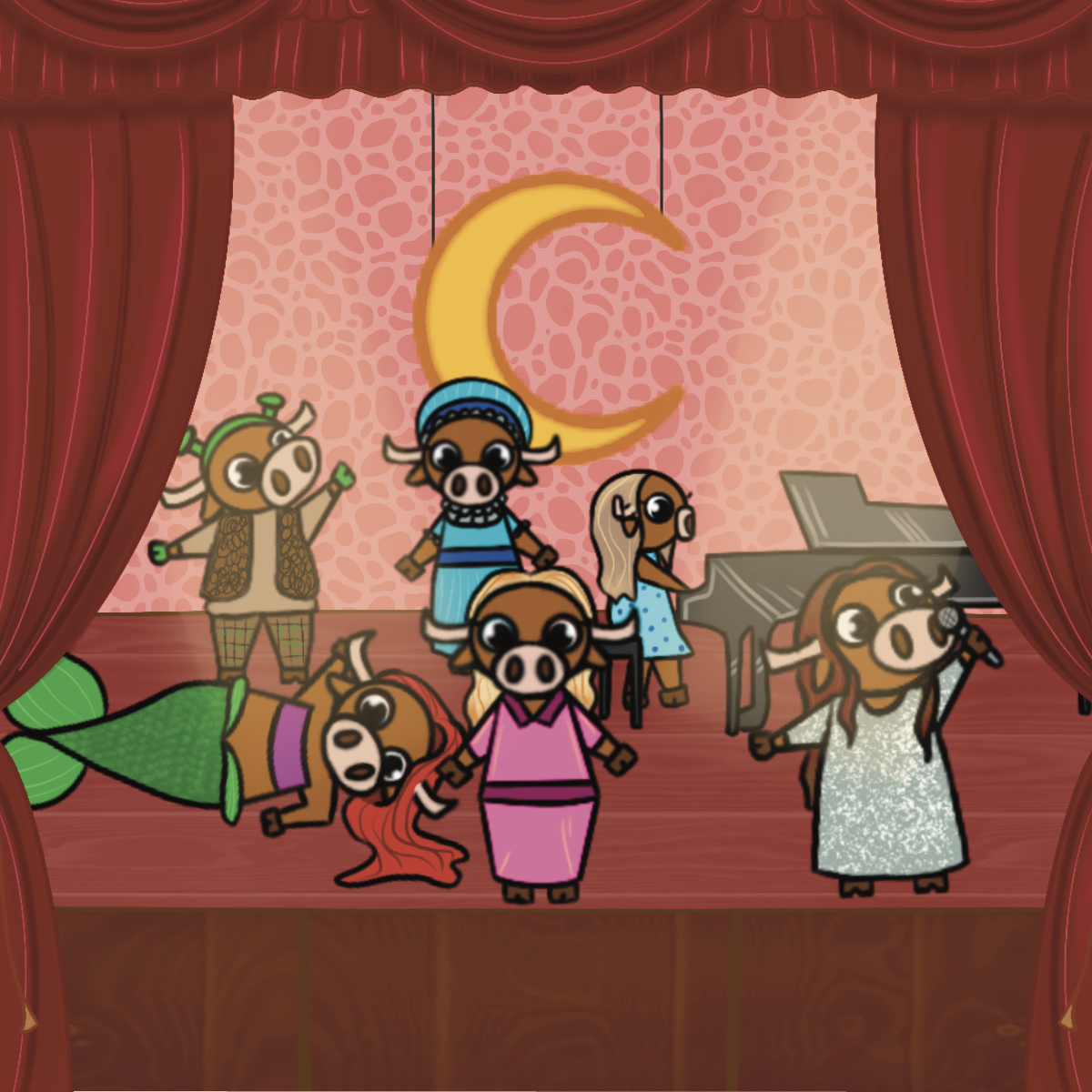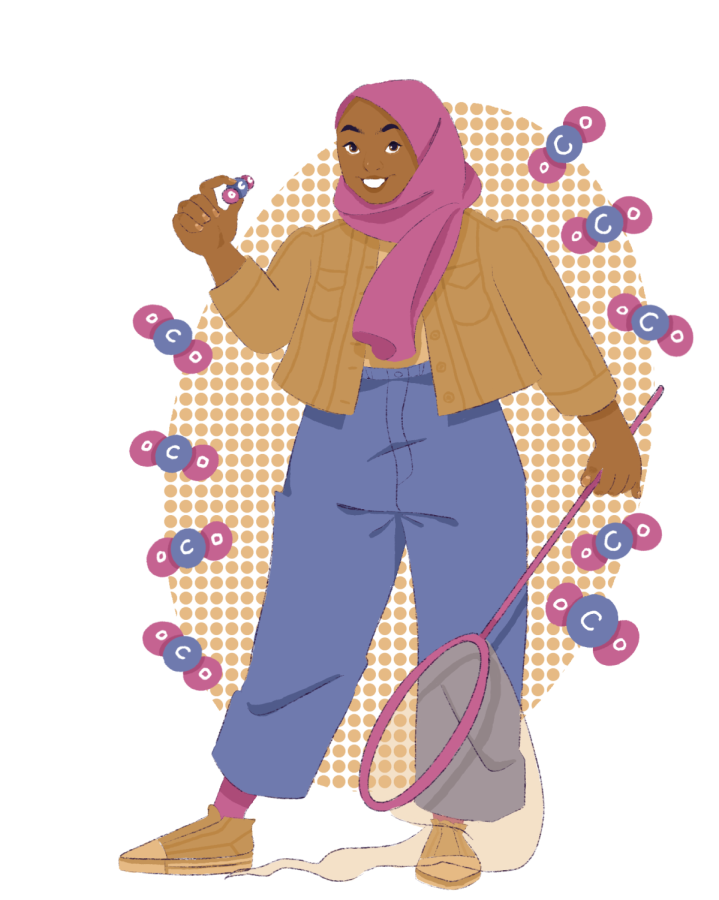After a friend told him about her experience with sexual assault while in college, UT law alumnus Ben Johanson (‘13) set out to create an app designed to help students stay together during nights out.
Combining group messaging and location sharing, the app, bthere, encourages friends to get out and interact together instead of using social media to connect.
“It’s important for people to know that (her experience with sexual assault) didn’t inspire me,” Johanson said. “It didn’t give me some ‘aha’ moment. It really wrecked me, but it made me start asking a lot of questions.”
After connecting with friends, bthere creates a “circle” of people that helps users reconnect after getting separated and alerts the group if a friend’s phone is below 10 percent so they can find each other before losing contact.
“(We want to) create a culture that makes it easier and more fun for friends to be there for one another,” Johanson said. “That’s not limited to preventing and reducing sexual assault.”
During his research, Johanson said he discovered that college students felt like they didn’t have the “power or permission” to step in when they noticed a potentially unsafe situation. bthere was created to help promote bystander intervention in situations like these.
“It’s a commitment to each other saying, ‘Hey, these are my people, this is who I’m here for and we’re going to look out for each other tonight,’” Johanson said.
In order to promote the app at UT, Johanson started working with members of the campus chapter of Alpha Chi Omega and other members of Greek life in order to better understand the problem and build a helpful product.
“We deeply believe in making decisions that are based on empathy and based on understanding the people that we’re trying to serve and help,” Johanson said.
Johanson said the fraternity students he’s worked with have been committed to helping create safer college campuses and operate with a deep understanding of the stigma surrounding fraternities.
Another member of the bthere team, UT business management alumnus Kyle Dudney (‘18) connected with Johanson’s message because of their similar experiences and started working with Johanson a few days after speaking with him.
“(Ben’s story) really hit home for me, because I had a close friend who was also sexually assaulted,” Dudney said. “I saw the impact that that had on her life, and I immediately connected with Ben’s mission.”
Dudney said this stigma can be remedied by providing a platform with which users can hold their friends accountable. He said the fraternity students they’ve worked with all have a close connection and desire to work with bthere.
“One thing that we’ve tried to emphasize with working with some of the fraternity (students) is working with ones that have good reputations and are well connected,” Dudney said.
Johanson, who said he’s proud to have both men and women working on his team, said that although women are statistically more likely to be involved in a situation facing sexual assault, men can be a big part of the solution.
“What we, as guys, can do is be good friends by being that one stepping in,” Johanson said. “If we see a guy getting to a place where he’s not making good decisions or getting pushy, we can step in.”
As an incentive to encourage friends to stay together, bthere utilizes its location-sharing technology in order to reward friends with points for every hour they stay together. These points can be exchanged for discounts to clothing stores or restaurants.
bthere also hosts competitions and rewards circles who spend the most time together, such as marketing senior Daniel LaBauve and his friends, who won 10 three-day ACL passes.
“We consistently hung out for two weeks for that contest, probably hanging out an extra two to three hours a day more than we would have otherwise,” LaBauve said. “It’s actually very fun if you like your circle.”
After officially launching in January, bthere now has 12,000 downloads at UT and is holding a contest to give away four Coachella tickets.
Now expanding to other campuses, bthere has grown organically by asking ambassadors to reach out to their friends at other colleges to combat sexual assault.
“The issue of reducing and preventing sexual assault is deeply complex, and we never want to position ourselves as thinking that we’re the solution to that,” Johanson said. “We want to be a part of the solution.”





















